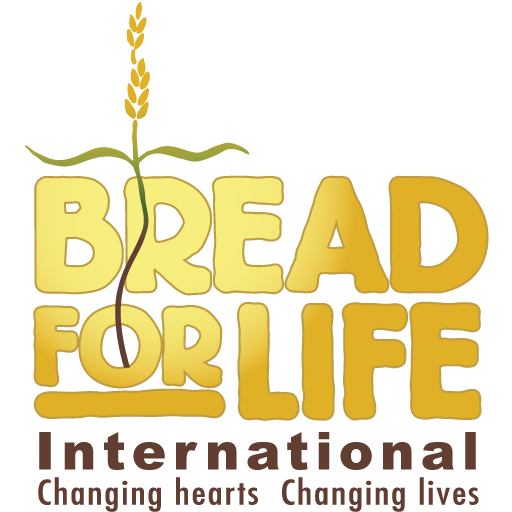In rural communities in Cameroon, over 70% of people who live in abject poverty are women. In some communities, it is the woman’s responsibility to look after the family; provide education for their children, healthcare and food. Some women, after losing their husbands or those who had children with but were never married, are equally responsible for the upkeep of the family.
Usually, most of these women depend on produce from their farms or from small investments in petite trade, or simply rely on the goodwill and donations from their churches, relatives or other members of the community. In spite of this freewill aid, what comes in is never enough to look after their many children and large families. Either there is not enough capital to help the business grow or they don’t have the skills to manage their businesses and finances appropriate.
We believe that empowering the rural woman with the necessary tools will definitely stimulate economic growth and reduce poverty within their communities.
Through “Ripples” CADAC provides financial and technical assistance to women and women groups in starting up businesses or enhancing already existing ones, provide training, seeds and tools needed to improve agricultural productivity.
The project runs in different regions of the country amongst which are the Center, Littoral, South West and Eastern regions.
Its main objective is to empower women to have ownership of their own businesses, develop skills for business development, and gain training on financial management and sustainable agricultural practices.
In doing this we: train, mentor, monitor and evaluate the projects until we are satisfied with the progress of the individual or group.

